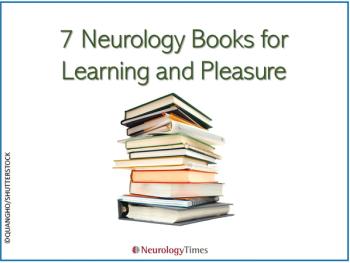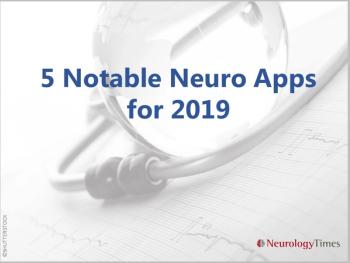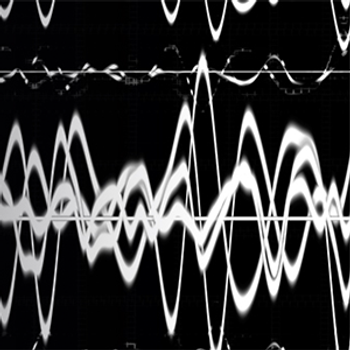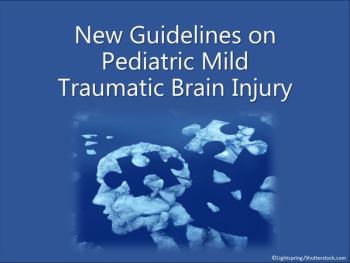
Final approval is expected by June 20, 2020, ahead of the generic erosion following the patent expiration of Biogen’s Tecfidera.

Final approval is expected by June 20, 2020, ahead of the generic erosion following the patent expiration of Biogen’s Tecfidera.

The professor of pediatrics at Tel Aviv University explained what has been fleshed out by the research and shared his opinion on cannabidiol’s use.

This guide includes everything you need to know about erenumab-aooe (Aimovig, Amgen/Novartis) for the preventive treatment of migraine in adults.

The anti-CD20 antibody showed greater reductions in Expanded Disability Status Scale scores over a decade in patients with SPMS compared to matching controls never treated with it.

This guide includes everything you need to know about fingolimod (Gilenya, Novartis) for the treatment of relapsing multiple sclerosis in adults and children.

The Clinical Director of the NHGRI spoke about the impact of the NIH program and its future development.

The director of the sleep clinic and assistant professor of neurology at Harvard Medical School discussed what has been learned about pediatric narcolepsy in the last decade, as well as what questions remain unanswered.

This guide includes everything you need to know about subcutaneous immunoglobulin (Hizentra, CSL Behring) in the treatment of chronic inflammatory demyelinating polyneuropathy as well as primary immunodeficiency.

Neurology News Network for the week of January 5, 2019.

The director of the Jefferson Comprehensive Epilepsy Center and the Jefferson Clinical Neurophysiology Laboratory spoke to the therapy’s success thus far.

The position statement’s author noted that a lack of specificity in laws and inconsistencies in protocols has led to confusion surrounding brain death in several high-profile cases.

The program’s director spoke about its genesis and evolution into a more widespread initiative which has helped improve next-generation genome sequencing.

The head of the Children’s Brain Dynamics Laboratory at Boston Children’s Hospital discussed the HOPE project and its goals moving forward.

The FDA notice stated that these discontinuations are the result of a business decision by manufacturer GlaxoSmithKline.

In case you missed the recent publication of these books, they are presented here for your library. Is there a recent book missing from this list you’d like to review, let us know!

The director of the sleep clinic and assistant professor of neurology at Harvard Medical School spoke about the state of pediatric narcolepsy management and diagnosis.

The pediatric epileptologist and adjunct professor of pediatrics at the University of Calgary spoke about how drastically things have changed surrounding the patient-physician conversation about SUDEP.

The director of the Jefferson Comprehensive Epilepsy Center and the Jefferson Clinical Neurophysiology Laboratory provided insight about the phase 3 safety trial of cenobamate.

A proof-of-concept trial’s findings have shown that more clinical research into the potential neuroprotective effect of cannabinoids in slowing disease progression in motor neuron disease is warranted.

I love this Rx site. I can look up all the drugs I can't afford.

The associate professor of neurology and the director of clinical trials at the University of Florida’s Center for Movement Disorders and Neurorestoration spoke about what’s being developed in the Parkinson disease pipeline.

From virtual examinations to neurology toolkits, these apps might prove helpful to your patients.

The founding executive director and chief science officer of the Alzheimer’s Drug Discovery Foundation spoke about the exciting therapeutic landscape in Alzheimer and what holes remain.

The associate professor of neurology and the director of clinical trials at the University of Florida’s Center for Movement Disorders and Neurorestoration spoke about addressing the complex relationship between caregivers in treating tardive dyskinesia.

The agency has decided that a major amendment is needed for the therapy’s NDA and has pushed the PDUFA goal date to March 20, 2019.

Because the drug candidate has shown a competitive efficacy and safety profile compared with existing drugs in recent partial focal epilepsy studies, a phase 3 study was initiated.

Gene therapy has generated excitement as a treatment or even a potential cure for inherited diseases. Among them: Duchenne muscular dystrophy.

The CDC recently released the first US evidence-based guidelines on pediatric mild traumatic brain injury. Scroll through our quick slideshow to get the highlights.

The founding executive director and chief science officer of the Alzheimer’s Drug Discovery Foundation spoke about the progress made in 2018, and what to look forward to in 2019.

The approval marks the first and only of its kind, with the treatment anticipated to be commercially available by prescription in the US sometime in Q1 of 2019.